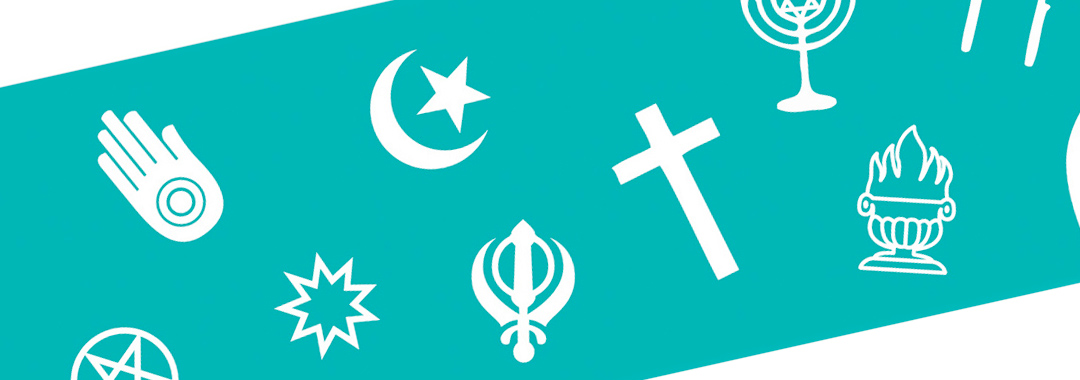HEAR are excited to announce that, due to funding from the National Lottery Community Fund Reaching Communities programme, HEAR is now recruiting for a third member of staff to join our team to support equality and human rights work across London.
Mapping and Networks for Solidarity and Campaigning is an innovative and experimental partnership between equality networks working with grass-roots and user-led groups across London, experts in supporting small community groups use and benefit from digital tools and skills, and partners with long experience of making connections and sharing learning through digital platforms, and using social network mapping and analysis to further community development.
The partners are:
- HEAR Equality and Human Rights Network (lead partner)
- Consortium (formerly the LGBT Consortium)
- Inclusion London
- Refugee Council
- Superhighways
- David Wilcox
- Drew Mackie
The aim of the project is to co-produce with small and user-led equality organisations in London a system that uses digital tools to build and strengthen their networks, enable better connections for collaboration, campaigning and solidarity, and enhance their voice and influence. The project will also have a key aim of sharing learning throughout the project, building a repository of resources that will be made widely accessible.
Principles of equality, accessibility, inclusion and the value of lived experience are at the heart of the project.
The Role:
This is a pivotal role in the project, based within HEAR as the lead partner, but working closely with all other partners and the wider HEAR Network membership across London. This is an experimental and innovative project, and we are looking for someone with enthusiasm, creativity and willingness to learn new skills and approaches.
Fixed term until June 2021 with possibility of some extension
£28,500 per annum pro rata (21 hours per week)
Based near Kings Cross with travel across Greater London
Deadline for applications: 9am on Monday 19th August 2019
Interviews in Central London 5th September 2019
To apply please complete the application form and equal opportunities forms on our website:
and please do this carefully in conjunction with the Job Description and Person Specification
No cvs please
